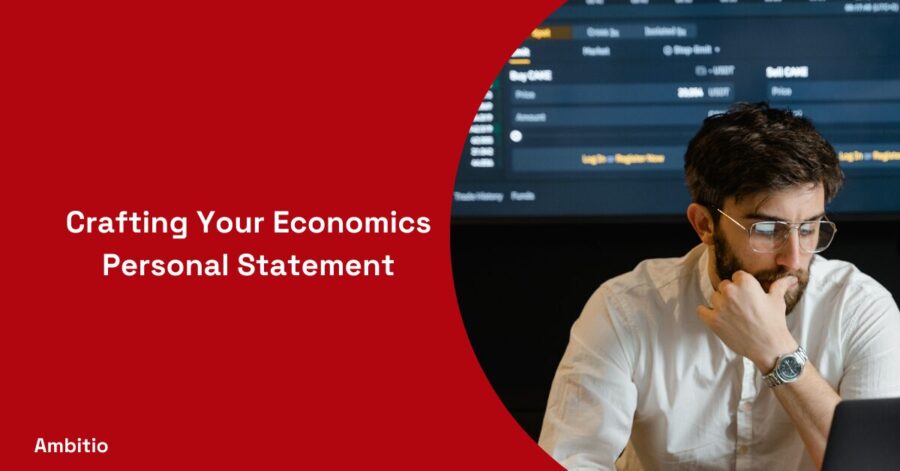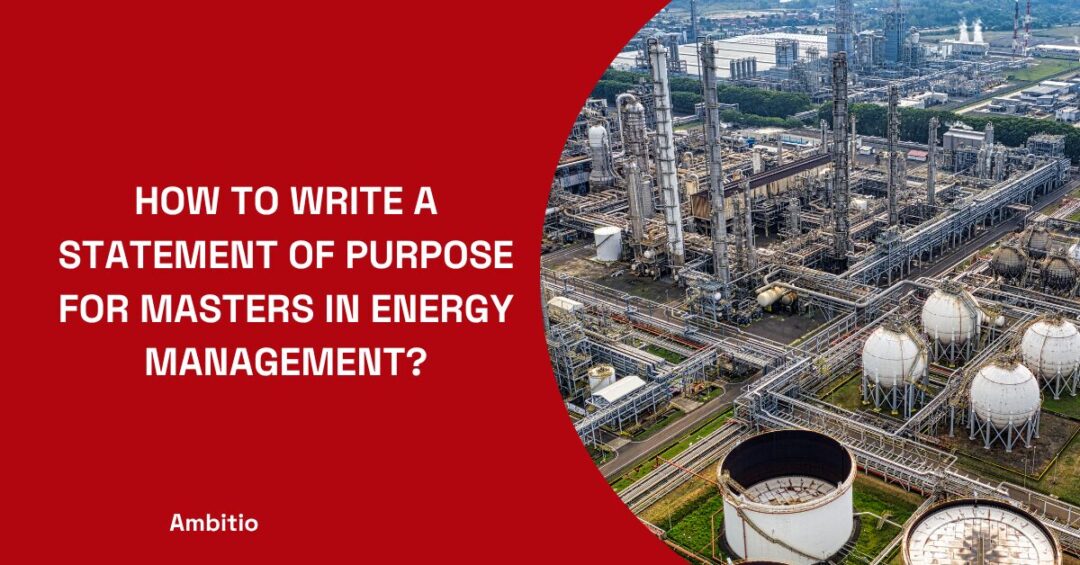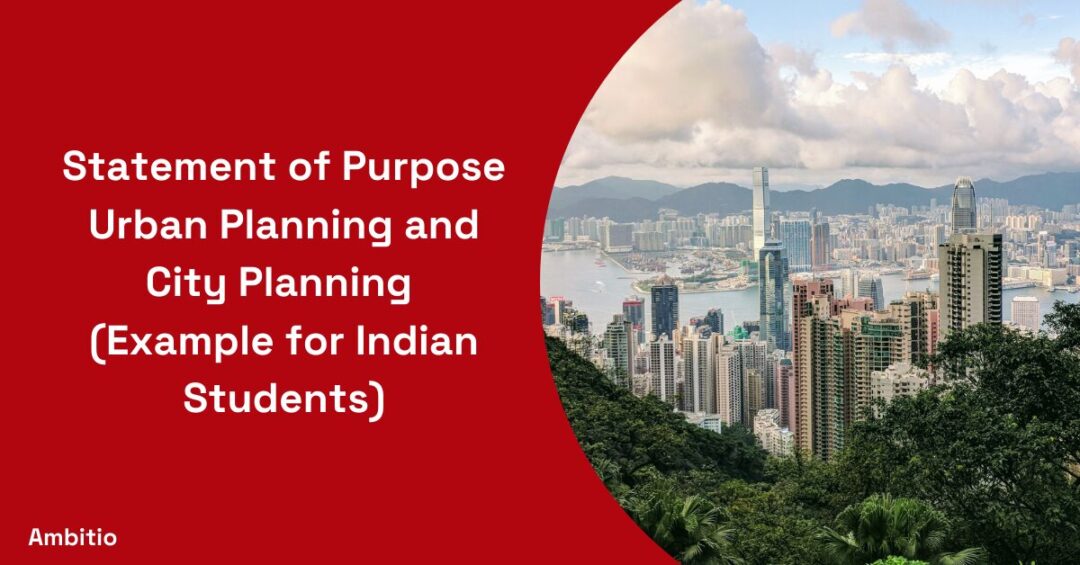17 December 2024
5 minutes read
Crafting Your Economics Personal Statement: Expert Tips from the Student Room with a Focus on Cambridge and LSE

Creating an effective personal statement for economics is a pivotal step in your journey towards studying at renowned institutions such as Cambridge and the London School of Economics (LSE). This blog, drawing insights from the Student Room (TSR), aims to guide you through this critical process.
Understanding the Essence of Economics: Framing Your Interest
Developing a Strong Foundation in Economics
Your personal statement should begin by establishing your fundamental interest in economics. This can include how your fascination with the subject began – perhaps a particular book, a news article, or a classroom discussion sparked your interest.
Delve into how your understanding of economics has evolved over time. Discuss any relevant coursework, such as A-levels in economics and mathematics, and how these have solidified your interest.
It’s important to show a clear progression of your engagement with the subject, highlighting any key moments or experiences that have shaped your understanding.
Demonstrating Engagement Beyond Academics
In addition to academic achievements, your personal statement should reflect your engagement with economics outside the classroom. Discuss any economics-related books you have read, such as “Freakonomics” or “The Undercover Economist,” and how they have influenced your perspective.
Mention if you follow economic news in media outlets like the Financial Times, and how these resources have broadened your understanding of global economic issues. This section should illustrate your active interest and self-motivated exploration of the subject.
Showcasing Your Academic and Extracurricular Achievements
Academic Excellence and Relevant Coursework
Your academic achievements are a cornerstone of your personal statement. Highlight your grades in relevant subjects, especially in economics, mathematics, and other related areas.
If you’ve undertaken any advanced or additional coursework, like an Extended Project Qualification (EPQ) in an economics-related topic, make sure to include this.
Discuss how these academic pursuits have prepared you for studying economics at a university level, focusing on any specific areas of interest or particular strengths you have developed.
Extracurricular Activities and Skill Development
Universities like Cambridge and LSE value candidates who are well-rounded and have developed skills outside of academics. Talk about your involvement in extracurricular activities, such as debating societies, economics clubs, or any leadership roles you have held, like being a school prefect.
Explain how these experiences have helped you develop skills relevant to studying economics, such as critical thinking, analytical abilities, and communication skills. This section should paint a picture of you as an engaged and proactive individual, capable of contributing to university life beyond the classroom.
Tailoring Your Statement for Cambridge and LSE
Understanding the Unique Aspects of Cambridge’s Economics Course
When tailoring your personal statement for Cambridge’s Economics course, it’s crucial to understand and articulate the distinctive features of their program. Here are some key points that set Cambridge’s Economics course apart:
- Historical Prestige and Academic Rigor:
- Cambridge has a long-standing reputation for excellence in economics.
- The course is known for its academic rigor and comprehensive coverage of both theoretical and applied aspects of economics.
- Distinguished Faculty and Research Opportunities:
- Cambridge boasts a faculty that includes world-renowned economists.
- The university offers ample opportunities for students to engage in cutting-edge economic research.
- Interdisciplinary Approach:
- The course emphasizes an interdisciplinary approach, integrating insights from history, politics, and sociology.
- This approach provides a broader understanding of economic theories and their real-world applications.
- Strong Mathematical Focus:
- Mathematics is a significant component of the economics course at Cambridge.
- This focus is ideal for students who have a strong background in mathematics and are interested in the quantitative aspects of economics.
- Unique Course Structure:
- The course structure at Cambridge allows for a gradual specialization in economics.
- In the first year, students gain a foundational understanding, which progressively becomes more specialized in the second and third years.
- Access to a Global Network and Resources:
- Cambridge provides access to a global network of alumni, leading to unparalleled opportunities in the academic and professional world of economics.
- The university’s resources, including libraries and research centers, are among the best in the world.
- Opportunities for Practical Engagement:
- The course offers opportunities for practical engagement through projects and dissertations.
- Students are encouraged to apply economic theories to real-world problems, preparing them for careers in various sectors.
- Special Lectures and Seminars:
- Regular lectures and seminars by guest speakers and eminent economists enrich the learning experience.
- These events provide students with insights into contemporary economic issues and debates.
- Global Perspective on Economics:
- The curriculum includes a global perspective, discussing economic issues from both developed and developing world contexts.
- This broad approach is crucial for understanding the complexities of the global economy.
- Supportive Academic Environment:
- Cambridge fosters a supportive and collaborative academic environment.
- Small group tutorials and supervision ensure personalized attention and mentorship for each student.
By focusing on these unique aspects of Cambridge’s Economics course in your personal statement, you can effectively demonstrate your understanding of what the course offers and how it aligns with your academic interests and career aspirations.
Articulating Your Fit for LSE’s Economics Program
Similarly, for LSE, highlight what draws you to their economics program. LSE is known for its focus on the practical application of economics in the real world, so discuss how this approach matches your learning style and career aspirations.
Mention any specific LSE faculty members whose work inspires you or any unique opportunities at LSE, such as internships or study abroad programs, that you are particularly interested in. This will demonstrate your genuine interest in LSE and your suitability for their program.
Reflecting on Personal Experiences and Future Goals
Personal Experiences and Their Impact on Your Economics Journey
In this section, reflect on personal experiences that have shaped your understanding of economics. This could include any work experience in the financial sector, volunteer work, or personal projects related to economics.
Discuss how these experiences have contributed to your understanding of economics and your decision to pursue it further. This is also a great place to share any challenges you’ve overcome and how they have prepared you for a demanding course like economics.
For the best Economics University in the UK, check out this article: https://ambitio.club/blog/best-universities-for-economics-uk
Future Ambitions and How Economics Fits In
| Future Ambitions | How Economics Fits In |
|---|---|
| Financial Sector Professional | Understanding financial markets, economic theories, and monetary policies, is essential for navigating the complexities of the financial sector. |
| Economic Policy Maker | Skills in macroeconomic analysis, policy formulation, and economic forecasting, are crucial for shaping effective economic policies. |
| Academic Researcher | Ability to conduct rigorous research, understand complex economic models and contribute to academic knowledge in economics. |
| Business Consultant | Insights into market trends, consumer behavior, and strategic planning, are vital for advising businesses on economic aspects. |
| Data Analyst | Proficiency in statistical analysis, economic modeling, and data interpretation, necessary for extracting insights from large datasets. |
| International Economist | Knowledge of global economic systems, trade policies, and international finance, is important for dealing with economic issues on a global scale. |
| Sustainable Development Expert | Understanding economic sustainability, development economics, and environmental economics, is key to promoting sustainable economic practices. |
Final Thoughts: Polishing Your Personal Statement
Reviewing and Refining Your Statement
Before submitting your personal statement, take the time to review and refine it. Ensure that it flows logically, your arguments are coherent, and your passion for economics is evident throughout.
Seek feedback from teachers, advisors, or peers, and consider their suggestions carefully. Remember, your personal statement is a reflection of your unique personality and academic journey, so it should be both authentic and well-crafted.
FAQs
Q1: How long should my economics personal statement be?
Your personal statement should typically be about 4,000 characters, which is roughly 500-600 words, depending on the requirements of the application.
Q2: Can I use the same personal statement for both Cambridge and LSE?
While you can use a similar structure, it’s important to tailor your personal statement to each university, highlighting why you are a good fit for their specific economics program.
Q3: How important is work experience in my personal statement for economics?
Work experience can be a valuable addition, especially if it’s relevant to economics. It demonstrates real-world application of your skills and interest in the field.
Q4: Should I mention specific economists or economic theories in my statement?
Yes, if they have influenced your interest in the subject. This shows the depth of knowledge and engagement with the field.

You can study at top universities worldwide!
Get expert tips and tricks to get into top universities with a free expert session.
Book Your Free 30-Minute Session Now! Book a call now




























